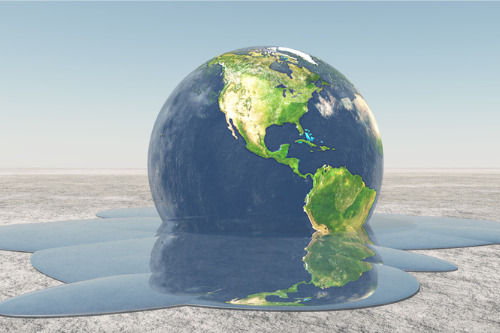

Allen Gray managing director, Simon Mawhinney, and IML investment director, Anton Tagliaferro, have slammed claims that insurers could not handle the growing risks of natural disasters caused by climate change.
Mawhinney said other investments, such as banks and buy-now-pay-later stocks, are much riskier than insurance.
“We have investments in things that are far riskier than insurance. And so does every other fund manager in Australia,” Mawhinney said, as reported by The Sydney Morning Herald. “This notion that they [insurance companies] are uninvestable because they're too risky is nonsense in our mind.”
Despite the lag in repricing some insurance types, Mawhinney said he remains confident that insurers can manage climate change by analysing risks and charging accordingly.
“I don't think the industry is in the midst of an existential crisis. Climate change and/or the incidence of natural catastrophes etcetera have definitely increased insured losses over time, but I think the big question is whether premiums can sufficiently rise to offset those risks? I think in a number of lines of insurance that is possible,” he continued.
Tagliaferro commented that reducing exposure to insurers due to climate change risks was an “extreme view,” emphasising that climate change could increase the demand in insurance.
“The corollary is if disasters are going to become more commonplace, the necessity for insurance increases. Rio [Tinto] can be higher risk than insurers, not because of its balance sheet – but because it's totally exposed to the iron ore price,” Tagliaferro said, as reported by The Sydney Morning Herald.
The comments come after QBE announced it would increase its catastrophe allowance by nearly a quarter. It set aside US$685 million (approx. AU$888 million) for catastrophic weather claims for 2021 after exceeding its US$550 million cap last year due to Australia's severe bushfires and the northern hemisphere's worst hurricane season on record.
